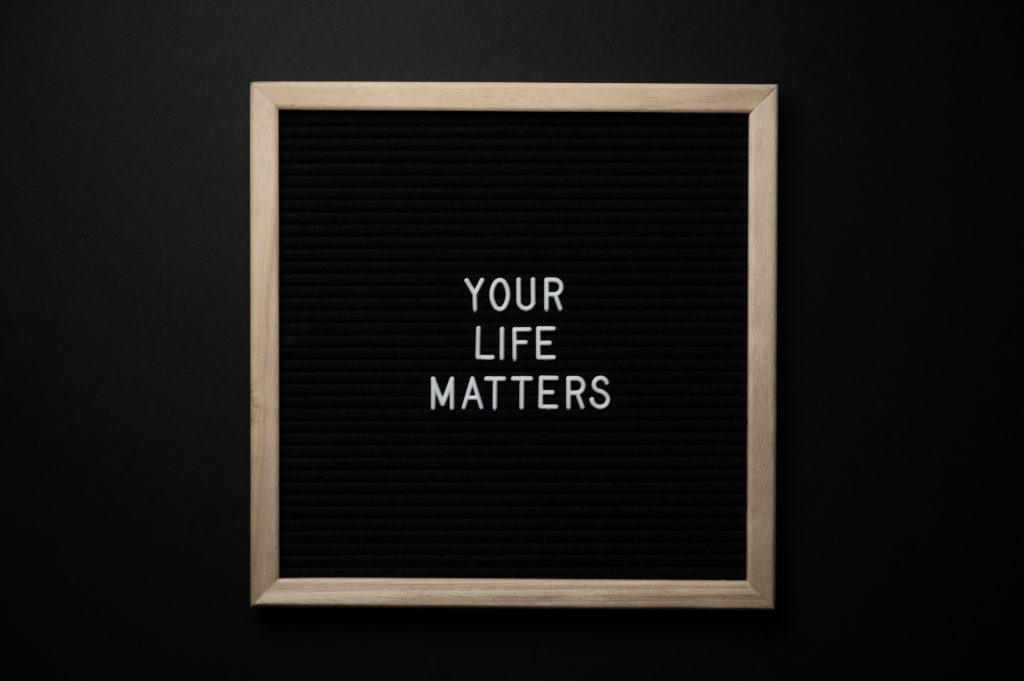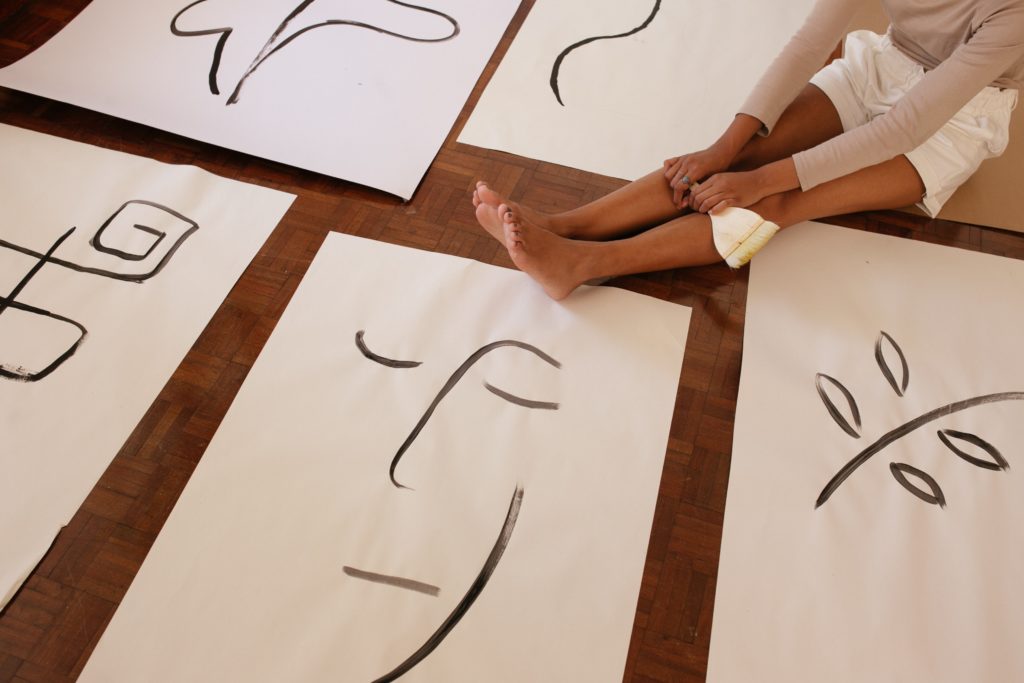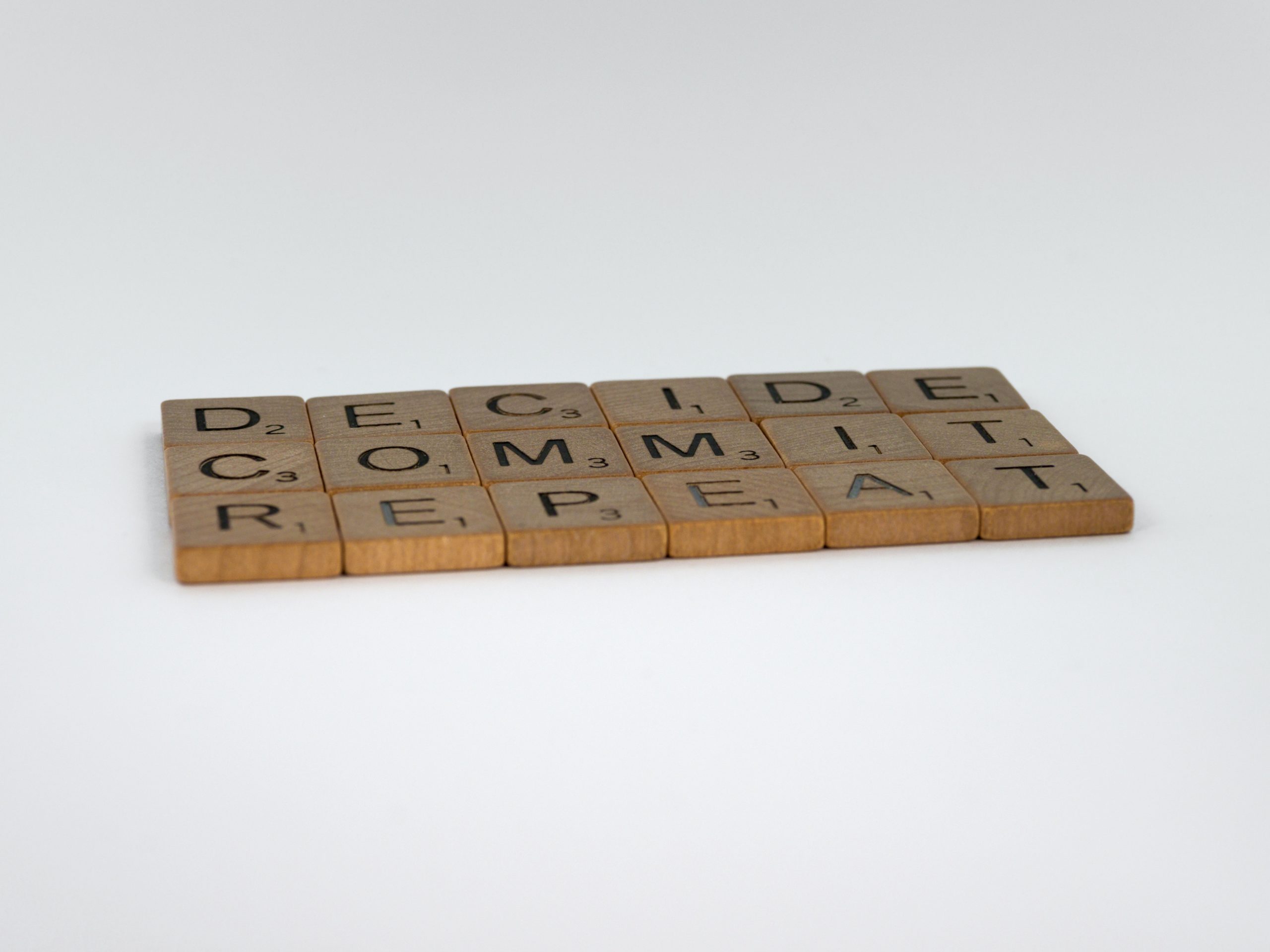When it comes to making good decisions, there are no easy answers. It’s a process, not an event. But if you can understand how to take responsibility for your own behavior and what is best for yourself and others, then the journey toward making better choices will be easier than ever before!

1. Identify your values
Your values are the things that you care about and consider important. They could be personal, like family or friends; they can also be community-based, such as the environment; or they could even be spiritual in nature. Your values determine how much weight you give to each of those different factors in making decisions on a daily basis.
For example, if I value honesty above everything else in my life (and trust me—I do), then I will probably make decisions based on being honest with others and myself first before anything else happens.

2. Analyze the situation
In order to make an informed decision, you need to analyze all aspects of a situation. This includes looking at facts and figures, looking at your own opinion as well as other people’s opinions, and considering what consequences will befall you in the future if you take one particular course of action over another.
3. Use logic and be realistic
The best decisions are based on logic, not emotions. You should make your choice based on what works for you, not what other people think or feel about it. This means that you need to use sound reasoning in order to make good choices when faced with a dilemma or problem in life.
It’s also important not to base your decisions on what you think others will think about them (or how they might feel) unless those opinions actually matter to you personally—and even then only if they have some real impact on the outcome of your decision-making process itself!
4. Consider all options, including non-optimal ones
The fourth step of the decision-making process is to consider all options and make a decision based on your best judgment. This means that you’ll need to consider both the potential benefits and risks of each option, as well as their relative importance in light of other factors such as time constraints and resources available for implementation.
You can use this step alone if you think your current position is good enough for now—in other words: “I don’t need any more information; I’m sure it will be fine.” But if something seems off or doesn’t feel right about what’s going on at work or home lately—or maybe even just because there could be something better out there waiting on us somewhere down the line—it might make sense to at least briefly consider whether making an adjustment could lead us somewhere better than where we are today.

5. Consider the future impact of your decision on yourself, others, and society as a whole
It is important to consider the future impact of your decision on yourself, others, and society as a whole.
Consider how this decision will affect you in the long term. Can you see yourself making the same mistake again in the future? What would happen if you didn’t take this opportunity now? You should also consider what impact it will have on other people’s lives, including those who are still living at home or otherwise depend on your support when it comes to planning for retirement or paying bills at home.
Once again: do not allow yourself to make decisions that cause harm because they might affect someone else much more than themselves, such as by causing financial hardship.
Making good decisions responsibly is a process, not an event

Good decisions are made by taking time to think through the options. This is why it’s important to plan ahead and make sure you have a clear idea of what you want to do before making any decisions.
Good decisions also help you think about how others will feel about your actions, which can sometimes help determine whether or not something is worth doing in the first place—or not! It’s easy for us humans (and other living things) as well as many other species on this planet who share similar traits such as being part of society within themselves without knowing each other very well yet but still sharing common goals together because they’re humans too; so if we’re going against these rules, then maybe there aren’t really any rules anymore at all because no one really knows what would happen next after all.
We hope that this blog has helped you understand how to make better decisions. The process of making a decision is ongoing and should not be rushed.
It’s important to understand all the information available, including your own biases and emotions, before making any final decisions or taking any action on them. Doing so will help ensure that your actions align with your values as much as possible and help you live a happier life!
One Belief Organization is an organization that educates on mental health awareness, self-awareness, mindfulness, and self-care. One belief organization speaks at schools about the following:
mental health, mental health awareness, mental health matters, mental health advocate, mental health videos, self-awareness,self-care,self-care Sunday mental health is important, mental health is great wealth, youth, youth motivation, youth motivational speaker, mental health tips, mental health support meditation

View comments
+ Leave a comment